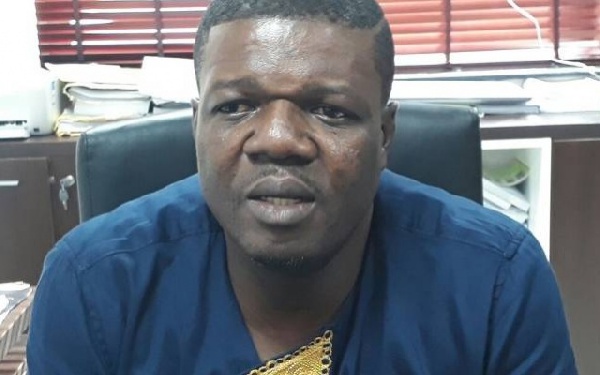Member of Parliament for South Dayi, Rockson-Nelson Dafeamekpor has expressed worry over the sudden crusade by some gospel artistes on the need for the e-levy to be accepted.
He wonders whether government has “motivated” them during this Christmas to drum home the need for the people of Ghana to accept the e-levy.
He raises this concern because Cwesi Oteng in an interview said development is expensive and it’s therefore imperative that the government take measures to generate revenue to run the country.
“It’s [e-levy] an avenue for revenue Government can have…Me if they deduct money on my MoMo transactions, it makes me happy because I feel like I am contributing something”.
“If money doesn’t leave, how does money come to you, so I feel like I am contributing something to the country and it has nothing to do with politics,” the gospel singer added.
Also, Diana Asamoah encouraged Ghanaians to accept the levy, explaining that in the Western world, such levies are used for development.
“If you go to a country like Italy, the toll is automatic. You will not see anyone there collecting tolls, but you are compelled to pay. You pay 10 Euro on your going and the same on your return. Everything is taxed,” she said.
“In Ghana, it is because some people have not travelled before that is why they speak against tax paying and E-levy. If we were to explain the importance and the need to pay the E-Levy, it would bring great developments. People will get jobs to do, and Ghana would have been so beautiful,” she concluded.
Following these positions expressed by top musicians in the country, Rockson-Nelson Dafeamekpor believes their action is as a result of some motivation from government.
In a tweet, he said “…..suddenly, some notable gospel musicians and pastors have become the lead advocates for E-Levy in Ghana. Is it that they have been ‘motivated by Govt’ during the Xmas season or they are truly speaking the voice of God?”.
The e-levy was introduced to parliament when the Finance Minister presented the 2022 budget.
Since it was introduced, Ghanaians have kicked against its implementation and this has been backed by the Minority in Parliament.
Parliament could not pass it into law because of the opposition it faced from the Minority in Parliament.
It is expected to be tabled when Parliament sits in 2022 but the Minority have vowed to ensure that it does not become law.

